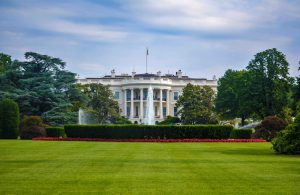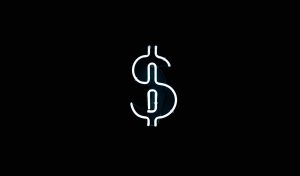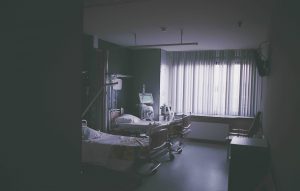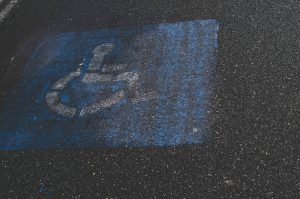 On August 10, the Department of Justice (DOJ) announced victory in another healthcare fraud case. A federal jury convicted registered nurse, Evelyn Mokwuah, 52, of criminal involvement in a $20-million Medicare fraud scheme. Mokwuah owned two home health companies based out of Houston, Beechwood Home Health and Criseven Health Management Corporation. She and these companies were convicted of making fraudulent claims to Medicare for home health services.
On August 10, the Department of Justice (DOJ) announced victory in another healthcare fraud case. A federal jury convicted registered nurse, Evelyn Mokwuah, 52, of criminal involvement in a $20-million Medicare fraud scheme. Mokwuah owned two home health companies based out of Houston, Beechwood Home Health and Criseven Health Management Corporation. She and these companies were convicted of making fraudulent claims to Medicare for home health services.
Healthcare Fraud Trial Ends Well for Government
There was a four-day trial regarding Mokwuah’s fraudulent activities. She was convicted of four counts of health care fraud and one count of conspiracy to commit health care fraud. Evidence at trial was based on claims made to Medicare by the two companies between 2008 and 2016. Fraudulent claims were made for home health services that were either not provided or were provided when not medically necessary.
 Healthcare Fraud Lawyer Blog
Healthcare Fraud Lawyer Blog



 On July 24, the U.S. Attorney’s Office for the Central District of California announced that Celgene Corp., a pharmaceutical manufacturer headquartered in New Jersey,
On July 24, the U.S. Attorney’s Office for the Central District of California announced that Celgene Corp., a pharmaceutical manufacturer headquartered in New Jersey, On July 13, Attorney General Jeff Sessions and Department of Health and Human Services (HHS) Secretary Tom Price, M.D., announced the Department of Justice’s largest ever
On July 13, Attorney General Jeff Sessions and Department of Health and Human Services (HHS) Secretary Tom Price, M.D., announced the Department of Justice’s largest ever


 Qui tam suits often make the news, though you may not be sure of what they are and why they matter. Qui tam suits have to do with fraud against the federal or a state government. In recent years, the U.S. and individual states have made a concerted effort to recapture the money that individuals and businesses have wrongfully obtained or kept from them. By learning more about qui tam suits, you may be better able to recognize fraud when you see it and understand what you can do with this concerning information.
Qui tam suits often make the news, though you may not be sure of what they are and why they matter. Qui tam suits have to do with fraud against the federal or a state government. In recent years, the U.S. and individual states have made a concerted effort to recapture the money that individuals and businesses have wrongfully obtained or kept from them. By learning more about qui tam suits, you may be better able to recognize fraud when you see it and understand what you can do with this concerning information. The Department of Justice (DOJ) announced on June 7 that the U.S. is intervening in a
The Department of Justice (DOJ) announced on June 7 that the U.S. is intervening in a